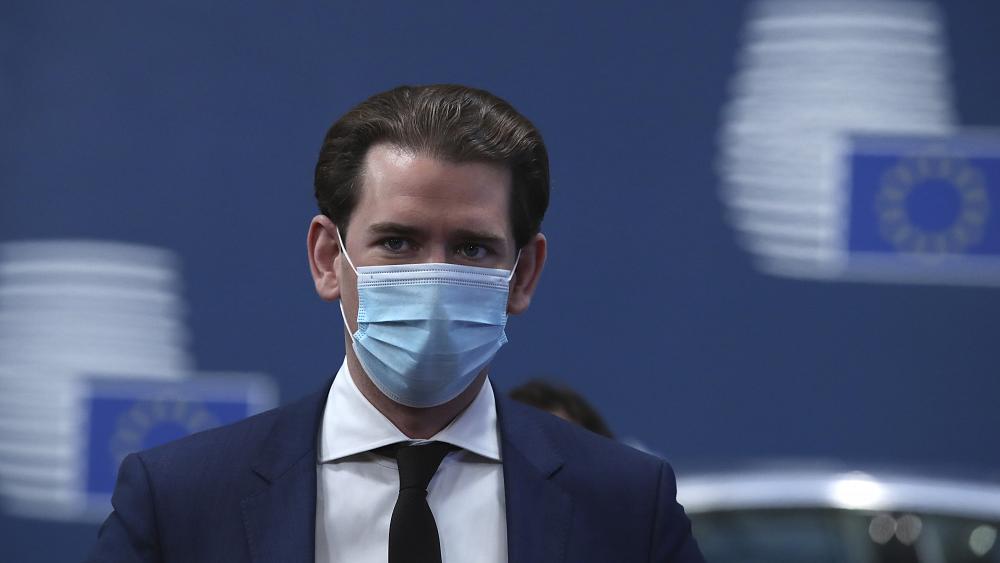
Austria has made “overall insufficient” progress in the fight against corruption, according to a new report by the Council of Europe.
The Group of States against Corruption (GRECO) says Austria has failed to implement its recommendations to tackle judicial and political misconduct.
Four years ago, the Council of Europe body had issued recommendations to the EU member state to prevent corruption among members of parliament, judges, and prosecutors.
“[But] Austria has implemented satisfactorily or dealt with in a satisfactory manner only two of 19 recommendations made in 2017,” GRECO said on Monday.
After the 2019 parliamentary elections, Austria was urged to “seriously deal” with political corruption by establishing a code of conduct on conflicts of interest or asset declarations. The country was also urged to make its legislative process more transparent.
But the new report says that Austria’s “very low level of compliance” with the recommendations “has not evolved”.
“[We] regret the persistent lack of progress” that Austria has made in implementing anti-corruption measures relating to MPs, GRECO said.
Meanwhile, regarding judges and prosecutors, the body was also concerned that a “considerable number of measures” envisaged since 2018 “have still not been finalised”.
Overall the body said that Austria’s level of compliance with the recommendations was “globally unsatisfactory”.
However, the report did note that Austrian magistrates are now prohibited from holding political or ethical positions at the same time.
GRECO has asked Austria to submit a progress report on the implementation of its outstanding recommendations “as soon as possible and no later than 30 September this year”.
The findings come just two weeks after the home of the Austrian Finance Minister, Gernot Blümel, was searched by authorities.
Courts had suspected Blümel – a close ally of Chancellor Sebastian Kurz – of being involved in the secret financing of the conservative party by the global gambling giant Novomatic. Blümel has denied any wrongdoing.
The Chancellor has also defended his finance minister, accusing prosecutors of politicising the judicial process.
Meanwhile, Kurz’s first government, a coalition with the far-right Freedom Party, collapsed in May 2019 after the corruption scandal known as ‘Ibizagate’.
Austria’s then-Vice-chancellor, Heinz-Christian Strache, was filmed in Ibiza in 2017 soliciting support from a Russian oligarch in return for political favours and resigned after the recordings were released.
GRECO – which brings together the 47 member states of the Council of Europe, as well as Belarus, Kazakhstan, and the United States – says that Austria ranks below Turkey, and just above Serbia in implementing its anti-corruption recommendations.
Euronews has contacted the Austrian government for a response to the report.
Related posts:
Views: 0
 RSS Feed
RSS Feed

















 March 1st, 2021
March 1st, 2021  Awake Goy
Awake Goy  Posted in
Posted in  Tags:
Tags: 
















